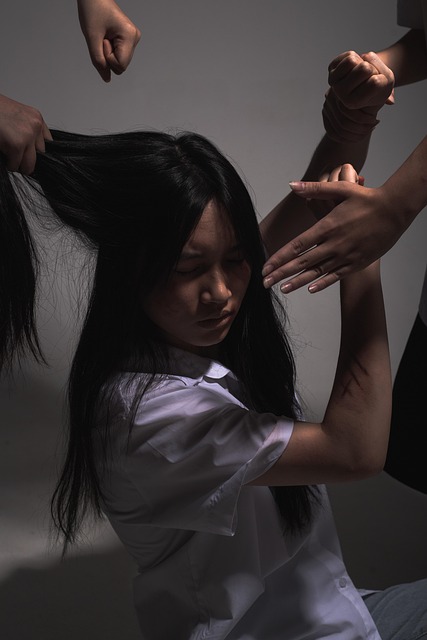Teen Challenge Abuse exposes families to unexpected trauma upon teens' return from marketed character-building retreats. Legal options range from civil lawsuits to criminal charges, with specialized legal guidance crucial. Supporting survivors through counseling, legal aid, and advocacy groups facilitates healing, policy changes, and community education, aiming for a safer environment and accountability for future protection.
“Uncovering and addressing Teen Challenge abuse is a critical step towards protecting vulnerable families. This comprehensive guide explores the real-life impact of misconduct within the organization, offering a perspective from affected families. We delve into the legal avenues for seeking justice, providing insights on navigating complex systems. Additionally, it highlights essential resources and advocacy strategies to support survivors, ensuring they are not alone in their fight for accountability. By understanding Teen Challenge abuse, we empower families to take action.”
- Understanding Teen Challenge Abuse: A Family's Perspective
- Navigating Legal Paths for Justice and Accountability
- Supporting Survivors: Resources and Advocacy Strategies
Understanding Teen Challenge Abuse: A Family's Perspective

Many families are left reeling when they discover that their teenager has been involved in Teen Challenge Abuse. This can be a difficult and confusing time, as it’s crucial to understand the nature of the misconduct within these programs. Teen Challenge, often promoted as character-building retreats, have been linked to various forms of abuse, including physical, emotional, and sexual exploitation. From our perspective, it’s essential to recognize that these programs can create an environment ripe for manipulation and coercion, particularly for vulnerable youth.
Families affected by such misconduct need support and resources to navigate the complexities ahead. They must consider legal options, seek counseling, and confront the emotional aftermath of discovering their child’s experience. It is a challenging journey, but understanding Teen Challenge Abuse is the first step towards healing and ensuring no other family endures similar trauma.
Navigating Legal Paths for Justice and Accountability

Families affected by Teen Challenge misconduct face a complex landscape when seeking justice and accountability. Navigating legal paths in cases of alleged abuse requires careful consideration and expertise. The first step involves gathering comprehensive documentation, including medical records, witness statements, and any available evidence related to the incident(s). This process is crucial for building a strong case that can hold Teen Challenge programs and responsible parties accountable for their actions.
Legal options may include civil lawsuits for damages, seeking injunctions to prevent further harm, or pressing criminal charges if the conduct rises to the level of a crime. In all cases, families should consult with legal professionals specializing in teen challenge abuse to understand their rights and the best course of action. This ensures that their efforts contribute meaningfully to creating a safer environment for current and future participants.
Supporting Survivors: Resources and Advocacy Strategies

Supporting survivors of Teen Challenge abuse is a critical step towards healing and justice. Many victims struggle with emotional trauma, facing challenges in rebuilding their lives and finding safe spaces. Advocacy groups play a vital role by offering resources such as counseling services, legal aid, and support networks specifically tailored to help individuals recover from the physical, emotional, and psychological scars of Teen Challenge misconduct. These initiatives ensure that survivors have access to the tools they need to heal and move forward.
Advocacy strategies focus on raising awareness about Teen Challenge abuse, encouraging open conversations, and pushing for policy changes that protect vulnerable youth. This includes lobbying for stricter regulations, improving reporting mechanisms, and educating both communities and professionals about the signs and consequences of such misconduct. By fostering a culture of accountability, survivors can find solace knowing their voices are being heard, leading to potential reforms in organizations like Teen Challenge to prevent future instances of abuse.
Advocacy for families affected by Teen Challenge misconduct is a vital step towards justice and healing. By understanding the unique challenges faced, exploring legal avenues, and providing support through resources and community, survivors and their loved ones can navigate this difficult journey. Remember that every voice has the power to bring about change, and raising awareness about Teen Challenge Abuse is crucial in ensuring accountability and preventing future harm.
